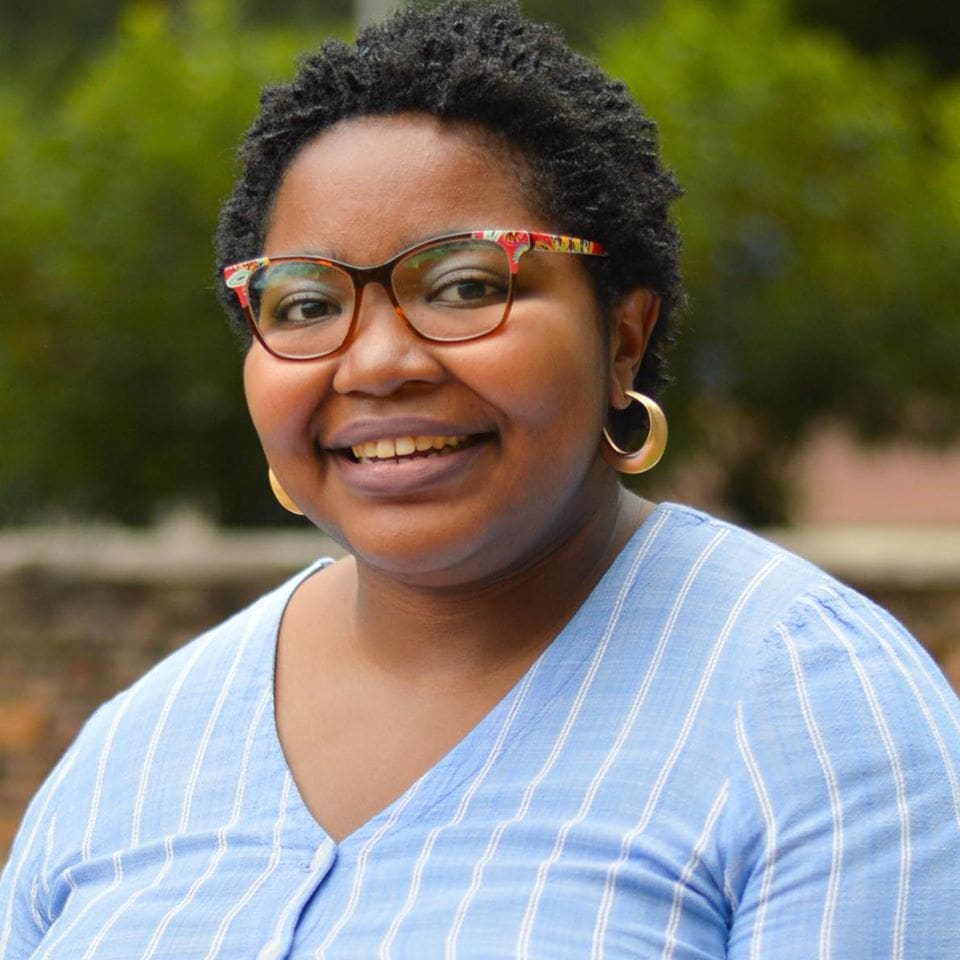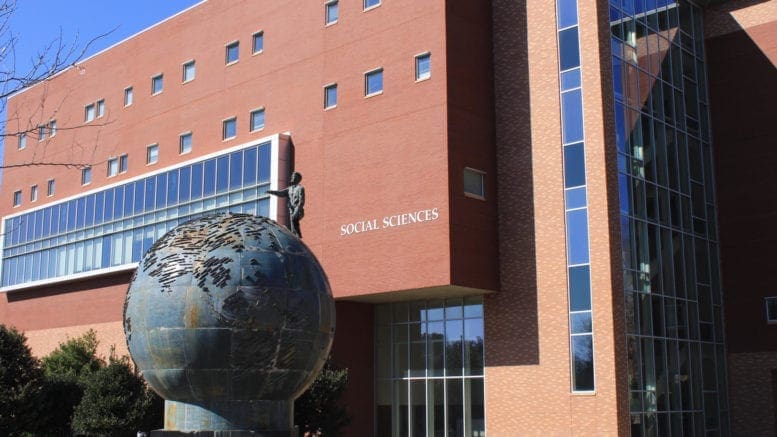A group of students at Kennesaw State University is calling on the school to end its investment in the fossil fuel industry.
KSU student Artis Trice founded Divest KSU in September of last year. He spoke with The Courier about Divest KSU (also known as Divest Kennesaw).
Divest KSU was inspired by student struggles at other universities across the country to get their universities to divest from environmentally harmful practices.
In particular, Trice said he was inspired by a friend of his at the University of Florida who is trying to get that school to divest from the fossil fuel, arms and prison industries.
Trice, members from KSU’s Student Government Association and progressive student organizations have teamed up to advocate for the university divesting from fossil fuels.
Pro-divestment students want to make KSU and the surrounding community aware of what they say are harmful practices by KSU and the KSU Foundation.
Divest KSU has started a petition and a website with information about the fossil fuel industry and its ties to KSU.
Open records requests show that in fiscal year 2019, the KSU Foundation invested $351,391 in fossil fuel industries.
Some of the multi-national fossil fuel corporations that KSU’s Foundation does business with include Chevron, Shell and Exxon Mobil, the records show.
The KSU Foundation is a 501(c)3 non-profit corporation that acts on behalf of KSU’s interests.
The Foundation essentially raises and distributes money and gifts from wealthy donors to fund numerous parts of KSU, like scholarships and new buildings.
Trice said that when he began probing into KSU’s involvement with fossil fuels, executives at the Foundation never responded to his inquiry emails.
That led Trice to send an open records request, where he discovered the Foundation’s invested hundreds of thousands of dollars in fossil fuels.
Trice said KSU’s investment in fossil fuels is a bad practice because of the damage that fossil fuels have caused the environment.
“The practice of extracting [fossil fuels] creates a lot of excess pollution, damages to water resources, groundwater and then also releases a lot of toxins into the air and the surrounding space in which that’s happening,” Trice said.
But what are fossil fuels?
According to the U.S. Department of Energy, fossil fuels:
[include] oil, coal and natural gas, [and] are non-renewable resources that formed when prehistoric plants and animals died and were gradually buried by layers of rock. Over millions of years, different types of fossil fuels formed — depending on what combination of organic matter was present, how long it was buried and what temperature and pressure conditions existed as time passed.
Today, fossil fuel industries drill or mine for these energy sources, burn them to produce electricity, or refine them for use as fuel for heating or transportation. Over the past 20 years, nearly three-fourths of human-caused emissions came from the burning of fossil fuels.
KSU investing in fossil fuels also contributes to harming people and people of color, in particular, Trice said.
A 2017 NAACP study stated that because of racism and housing segregation, people of color disproportionately live in lower income areas, compared to white people.
The same study stated that oil and gas corporations often build their facilities in or near poor, Black communities.
As a result, the toxic fumes these facilities emit affect Black people at disproportionately high rates.
“The oil and natural gas industries violate the Environmental Protection Agency’s air quality standards for ozone smog due to natural gas emissions in many African American communities, causing over 138,000 asthma attacks among school children and over 100,000 missed school days each year,” the NAACP study says.
KSU stepping up and ending its funding and benefits of working with fossil fuels would send a different message than the university is sending now, Trice said.
“When Kennesaw has investments in these industries that are potentially going to harm the communities that are, unfortunately, at the center of these practices, it’s saying that we don’t care about any other community but ours,” Trice said.
Throughout the years, KSU and its Office of Sustainability have implemented various environmentally-friendly measures.
Several KSU buildings on the Kennesaw and Marietta campuses are Leadership in Enegy and Environmental Design certified.
LEED certification means the building is considered green. Environmentally conscious and energy efficienct measures are built into them.
KSU’s Commons dining hall has been nationally recognized for its sustainable methods. All food there is composted and the dining hall even has a vegetable garden where it grows its own food and harvests bee honey.
In 2017, the Princeton Review named KSU as one of the U.S.’s greenest colleges for the seventh time.
KSU has signed multiple sustainability agreements.
Divest KSU has recognized the many environmentally conscious efforts KSU makes and even praised them in a letter to KSU President Dr. Pamela Whitten and her administration.
But the group thinks KSU must go further.
“We can’t live in two realities at the same time of funding those environmentally harmful practices, and then saying that we are … doing this incredible work,” Trice said. “We just have to walk as we talk in all aspects of sustainability.”
KSU has not responded to Divest KSU or Trice’s petition or letters.
Trice plans on addressing the university’s Presidential Commission on Sustainability at its meeting next month.

Arielle Robinson is an undergrad at Kennesaw State University. She is the president of the university’s Society of Professional Journalists and an editor at the KSU Sentinel. She enjoys music, reading poetry and non-fiction books and collecting books and records.
